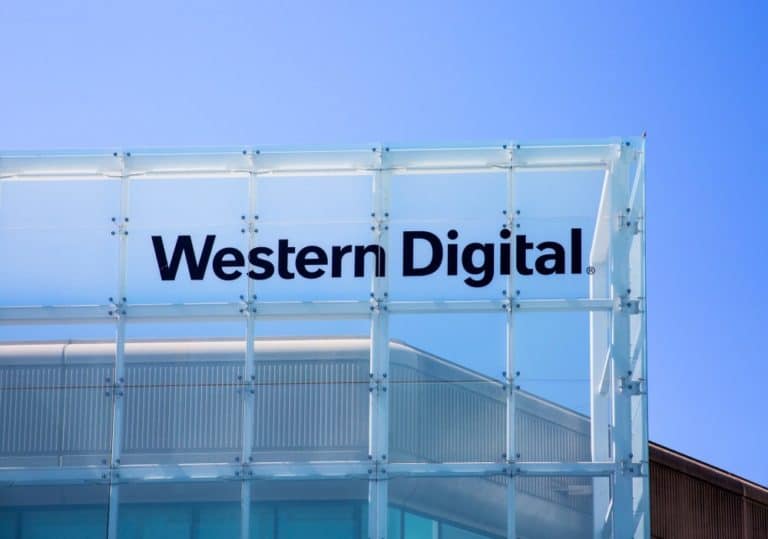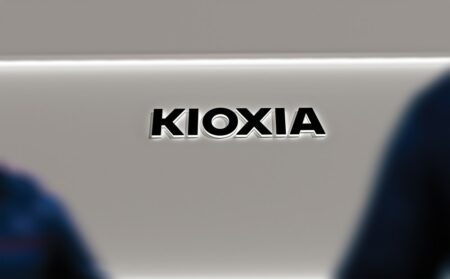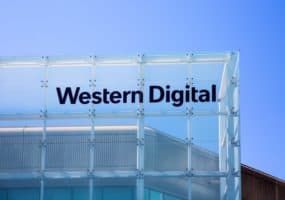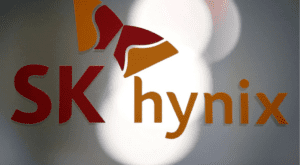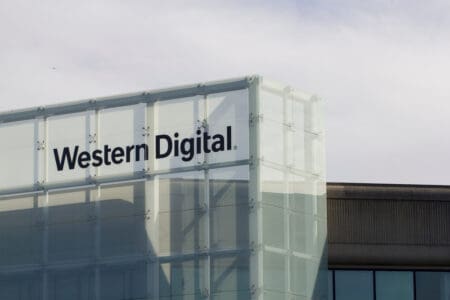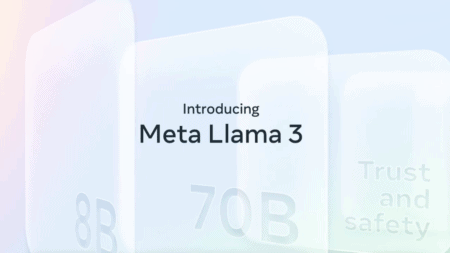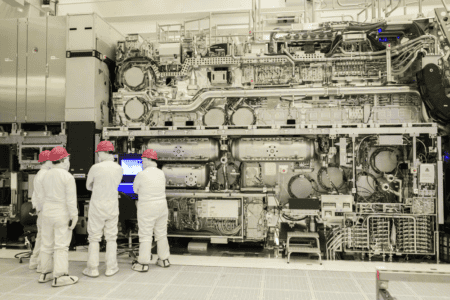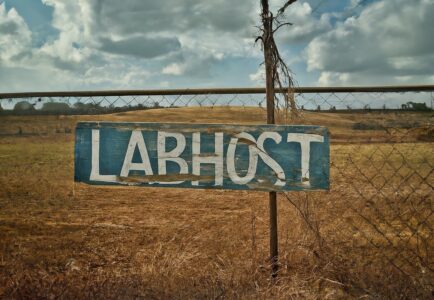A possible Western Digital-Kioxia merger could create a NAND memory chipmaking company to rival Samsung. However, analysts question whether Kioxia investors will accept the terms of the $20-billion deal, which Western Digital wants to pay in all stocks.
There will be no cash provided to Kioxia, with expectations being that the all-stocks deal could put a lower valuation on the Japanese company compared to similar deals in the market.
Western Digital filed documents on Friday to issue more shares but did not disclose the size of the offering. Kioxia is one of the largest NAND memory chips makers, competing with SK Hynix and Samsung.
Kioxia could be more valuable than $20 billion
Last year, Hynix bought Intel’s NAND business for $9 billion. Analysts said the Intel deal shows what buyers are willing to pay for memory companies. According to Kinngai Chan, a Summit Insights Group analyst, Kioxia has about three times the sales of Intel’s NAND memory unit.
As such, Kioxia owners may want to ask for about three times the price ($25 billion – $28 billion.)
However, Western Digital’s valuation is lower than Chan’s estimate, at $20 billion, as of its close on August 25 when reports of the deal came out.
The investors will decide
USB analyst Timothy Arcuri noted to investors that even at a $20 billion price tag for the Japanese firm, its price relative to WD’s overall value makes it hard to see WD wanting to issue that much stock, given the valuation.
Analysts say that Kioxia investors prefer an exclusively all-cash deal or one with a heavy cash component.
However, the investors may be convinced to take an all-stocks deal if the combined company’s shares show it could rise in value in the coming years.
